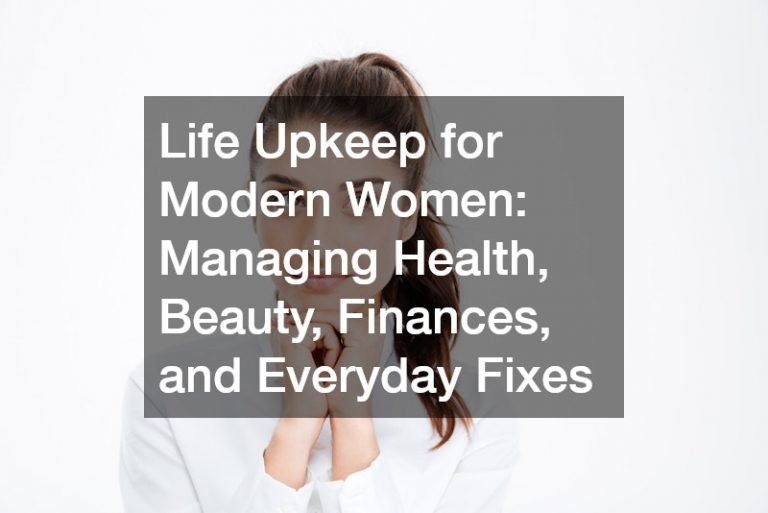- Incorporate self-care into your daily routine to help replenish energy and boost well-being.
- Eat a nutritious and balanced diet to support physical health and milk production (if breastfeeding).
- Get regular, restorative sleep by establishing a sleep routine and creating a calm sleeping environment.
- Stay active with exercise to help manage stress and improve mood.
- Take care of your oral health by brushing, flossing, and using mouthwash twice daily.
As a new mom, it’s natural to prioritize the health and well-being of your baby. However, it’s equally important to prioritize your health and well-being as you navigate this new chapter. Taking care of yourself physically, mentally, and emotionally will benefit you and enable you to be the best mom you can be. This guide will provide five valuable tips to help you prioritize your health as a new mom. From self-care practices to maintaining a balanced diet, these strategies will support your overall well-being and ensure you have the energy and resilience to care for your baby.
1. Practice Self-Care
It is necessary to take care of yourself, and it is not selfish. Make self-care a priority in your daily routine. Set aside dedicated time for activities that bring you joy and help you relax. This could include taking a warm bath, reading a book, practicing yoga or meditation, or indulging in a hobby you love. Don’t be afraid to ask for help or delegate tasks to others to create time for self-care. Remember, caring for yourself will replenish your energy and help you be a better mom.
2. Maintain a Balanced Diet

Eating a nutritious and well-balanced diet is essential for overall health and well-being. As a new mom, it’s easy to prioritize convenience over healthy food choices. However, fueling your body with the right nutrients will give you the energy to care for your baby and recover from childbirth. Include a variety of fruits, vegetables, whole grains, lean proteins, and healthy fats in your diet. Stay hydrated by drinking plenty of water throughout the day. If you’re breastfeeding, consume enough calories to support milk production.
3. Get Sufficient Rest
Sleep deprivation is a common challenge for new moms, but getting sufficient rest is vital for your physical and mental well-being. Establish a sleep routine that allows you to get as much rest as possible. Take naps when your baby sleeps, and ask for support from your partner or family to help with nighttime feedings. Create a calm and comfortable sleeping environment by minimizing distractions and investing in a supportive mattress and pillows. Prioritize restorative sleep to help your body recover and rejuvenate.
4. Stay Active
Regular physical activity has numerous benefits for your overall health and well-being. Moderate exercise can help boost energy levels, manage stress, and improve mood. Find activities you enjoy that can easily fit into your daily routine. This could include walking with your baby, practicing postnatal yoga or Pilates, or joining a mom-and-baby fitness class. Start slowly and gradually increase the intensity and duration of your workouts. Listen to your body and consult your healthcare provider before beginning any new exercise regimen.
5. Take Care of Your Oral Health
Taking care of your oral health is an essential aspect of overall well-being that is often overlooked. Hormonal changes during pregnancy and postpartum can increase the risk of gum disease and other oral health issues.
Here are tips for caring for your oral health:
Brush Your Teeth Twice a Day
Brushing your teeth correctly twice a day is the foundation for good oral health. Use a soft-bristled toothbrush and fluoride toothpaste to brush thoroughly, making sure to clean all surfaces of your teeth. It’s best to brush in the morning and before bed each night for 2 minutes at least. Rinse with water after brushing.
Floss Every Day

Flossing is just as important as brushing your teeth to keep them healthy and strong. Use dental floss or interdental cleaners to remove plaque between the teeth and below the gum line that cannot be reached with a toothbrush alone. Take a piece of floss approximately 18 inches long and wrap it around your middle fingers. Gently guide the floss between each tooth, using a back-and-forth motion and curving the floss around the side of each tooth. Be sure to floss at least once a day, preferably after brushing in the evening.
Use Mouthwash Regularly
Mouthwash helps keep your breath fresh and fights bacteria that can cause cavities and gum disease. Many different types of mouthwash are available, such as antibacterial or specialized formulas for sensitive teeth. Most mouthwashes should be used twice daily, after brushing but before breakfast and bed at night.
Take Action If You Have Tooth Decay
If you have tooth decay, taking action immediately is important. Consulting a dentist about the best treatment option for your needs is key to restoring oral health and preventing further damage. Depending on the severity of your condition, investing in durable dental implants may be necessary to replace missing or damaged teeth. Dental implants can look and feel like your natural teeth, offering a long-lasting solution to improve oral health.
Final Words
Prioritizing your health as a new mom is crucial for your well-being and ability to care for your baby. By practicing self-care, maintaining a balanced diet, getting sufficient rest, staying active, and taking care of your oral health, you can ensure that you have the physical and mental resilience to navigate the demands of motherhood. Remember that prioritizing your health is not selfish; it’s essential for your and your baby’s well-being.




